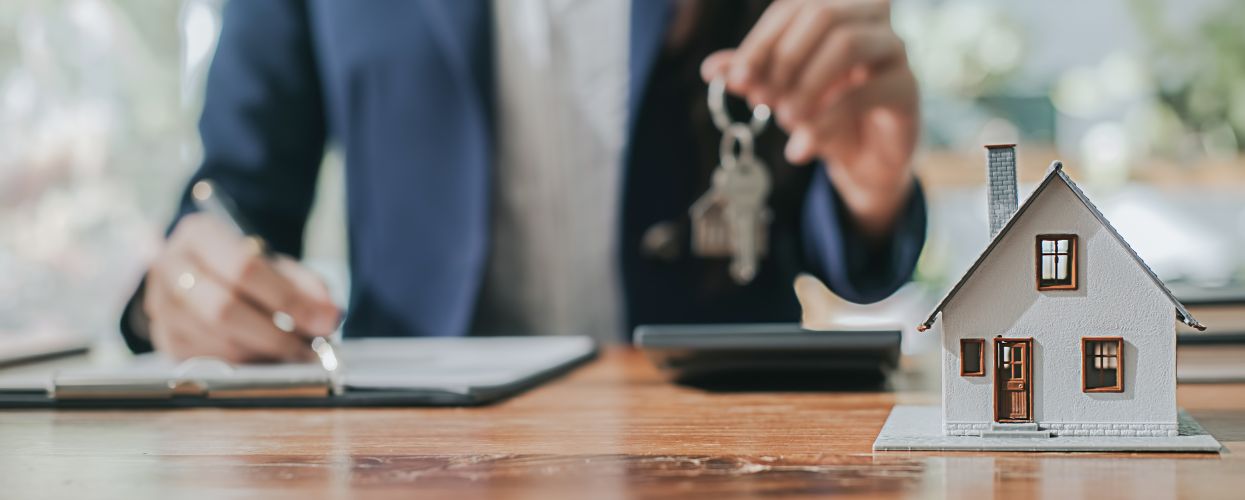Investing in real estate has always been considered a sound financial decision. But, is buying a second home a good investment? When it comes to purchasing another home, the decision may not be straightforward. The idea of owning a vacation home or an income-generating rental property can be enticing. Yet, is it really worth it? Let’s delve into the pros and cons of buying a second home as a good investment.
The Financial Upsides of Buying a Second Home
One of the most compelling reasons for buying a second home is the potential for financial gain. Here are some ways that owning an additional property can be beneficial:
1. Rental Income: If you choose to rent out your second home, you can generate steady income that will help cover the mortgage payments. In fact, this may provide extra cash flow. Depending on the location and demand, using your second home could turn out to be profitable.

2. Appreciation: Real estate generally appreciates over time. This is especially true if you buy in an area with strong growth potential. By doing so, your property value could significantly increase over time, leading to substantial profits when you decide to sell.
3. Tax Benefits: Depending on your country’s tax laws, there may be tax benefits associated with owning a second home. These could include deductions for mortgage interest, property taxes, and rental expenses.
The Financial Risks of Buying a Second Home
While there are certainly financial upsides to buying a second home, it’s essential not to overlook these potential risks:
1. Market Fluctuations: While real estate typically appreciates over time, market fluctuations can lead to periods where property values decrease. If you need to sell during one of these periods, you could end up losing money. As a result, factor in the length of time you want to own the home. The longer you own it, the bigger possibility for financial gain. Talk to a local real estate professional to understand current market conditions.
2. Maintenance Costs: Owning a second home means double the maintenance costs. These include regular upkeep to unexpected repairs. Expenses can add up quickly and eat into your profits. Factor in expenses when considering a second home.
3. Vacancy Risks: If you’re relying on rental income to cover your mortgage payments, periods of vacancy can be financially stressful. It’s crucial to factor in potential vacancy periods when calculating your potential returns.
4. Increased Debt: Buying a second home means taking on additional debt. This can impact your financial stability and ability to borrow for other purposes.

Is Buying a Second Home Right for You?
The decision to invest in a second home should be considered carefully. Understand your individual financial situation and know your long-term goals. Here are some questions to ask yourself:
1. Can I afford it? Consider all costs involved. These include down payment, mortgage payments, insurance, taxes, and maintenance costs.
2. Do I plan to use it? If you plan to use the home as a vacation property, consider how often you’ll realistically use it.
3. Am I prepared for the responsibilities? Managing a second property (especially if it’s a rental) can be time-consuming and stressful. Ensure you’re ready for the commitment.
4. What is my long-term financial plan? Consider how buying a second home fits into your overall investment strategy and long-term financial goals.
In conclusion, buying a second home can indeed be a good investment, offering potential rental income, appreciation benefits, and tax advantages. However, it also comes with significant risks and responsibilities that should not be overlooked.
Before making the decision, conduct thorough research into the real estate market in your chosen location. If you are considering the South Shore real estate market, know the differences between each town. In addition, consult with financial advisors or real estate professionals. Remember that every individual’s financial situation is unique; what works for one person might not work for another.
Ultimately, buying a second home should align with your lifestyle needs and long-term financial goals – only then will it truly be considered a good investment.

